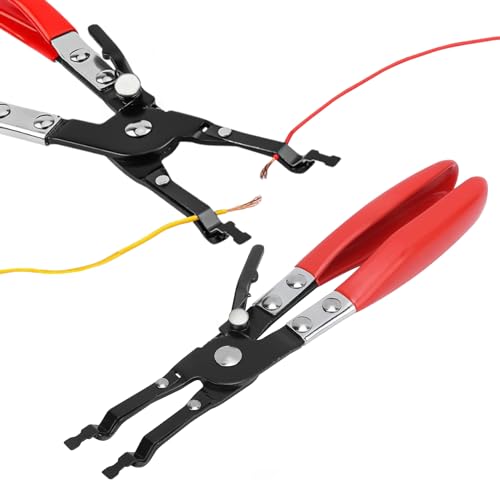slipperysam
Member
- Joined
- Aug 31, 2019
- Messages
- 6
Hi All,
I have just got our new 2014 PHEV and we are really pleased with it.
I have been reading many forums and blogs regarding the charge/save mode buttons whilst towing.
Some say press the charge button as soon as you leave for your destination, others say when the SOC gets between 40% - 30%, press the save button for those moments you may have some battery left to get up that hill. For the last one let the car just do its thing.
I'm yet to tow my trailer with the PHEV, but i can't see any clear advice out there. The car manual well, don't get me started on that.
My trailer weights 1250KG loaded, any information is appreciated.
It would nice to get a matrix out of this forum to work out the best method.
I welcome your feedback
I have just got our new 2014 PHEV and we are really pleased with it.
I have been reading many forums and blogs regarding the charge/save mode buttons whilst towing.
Some say press the charge button as soon as you leave for your destination, others say when the SOC gets between 40% - 30%, press the save button for those moments you may have some battery left to get up that hill. For the last one let the car just do its thing.
I'm yet to tow my trailer with the PHEV, but i can't see any clear advice out there. The car manual well, don't get me started on that.
My trailer weights 1250KG loaded, any information is appreciated.
It would nice to get a matrix out of this forum to work out the best method.
I welcome your feedback



























